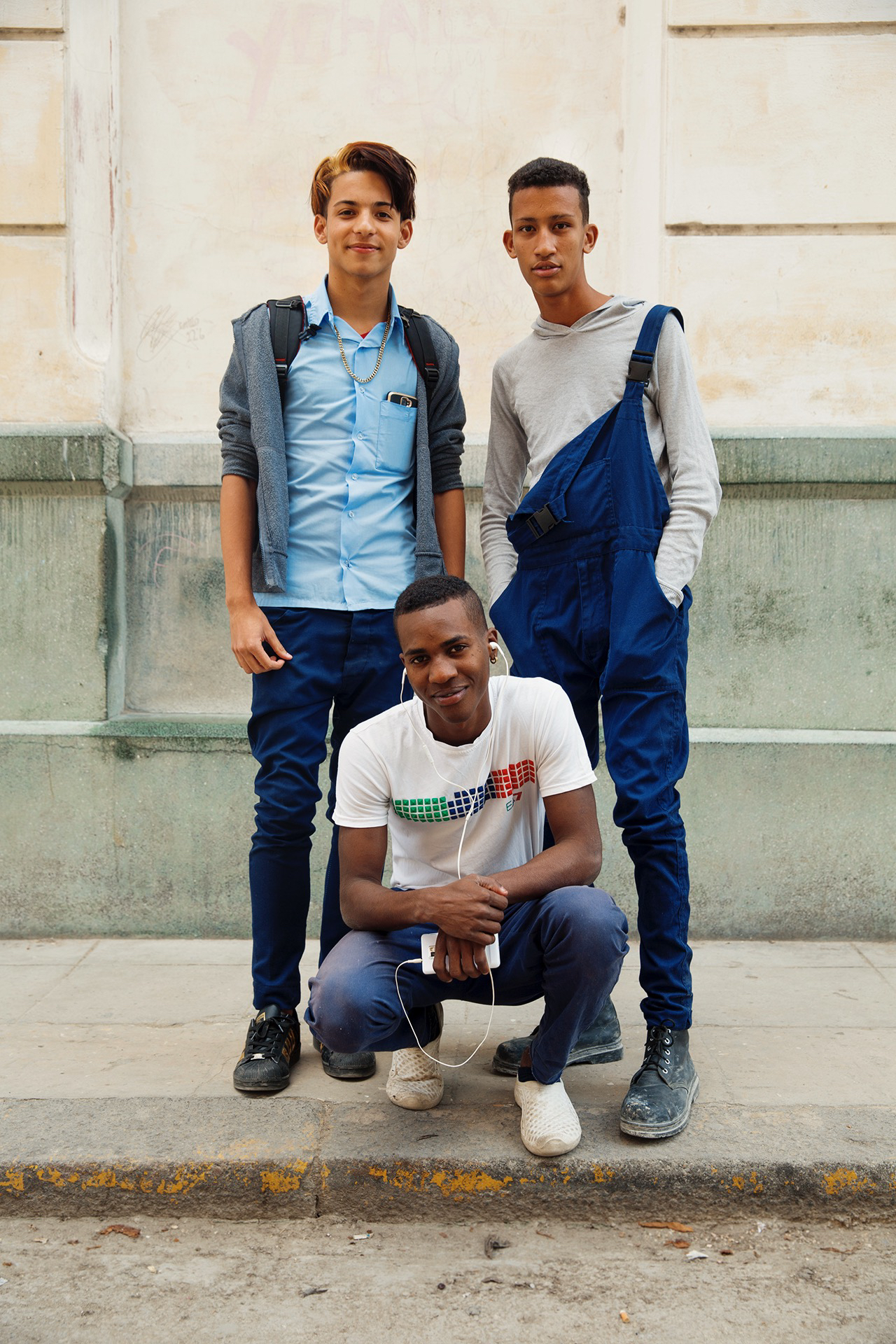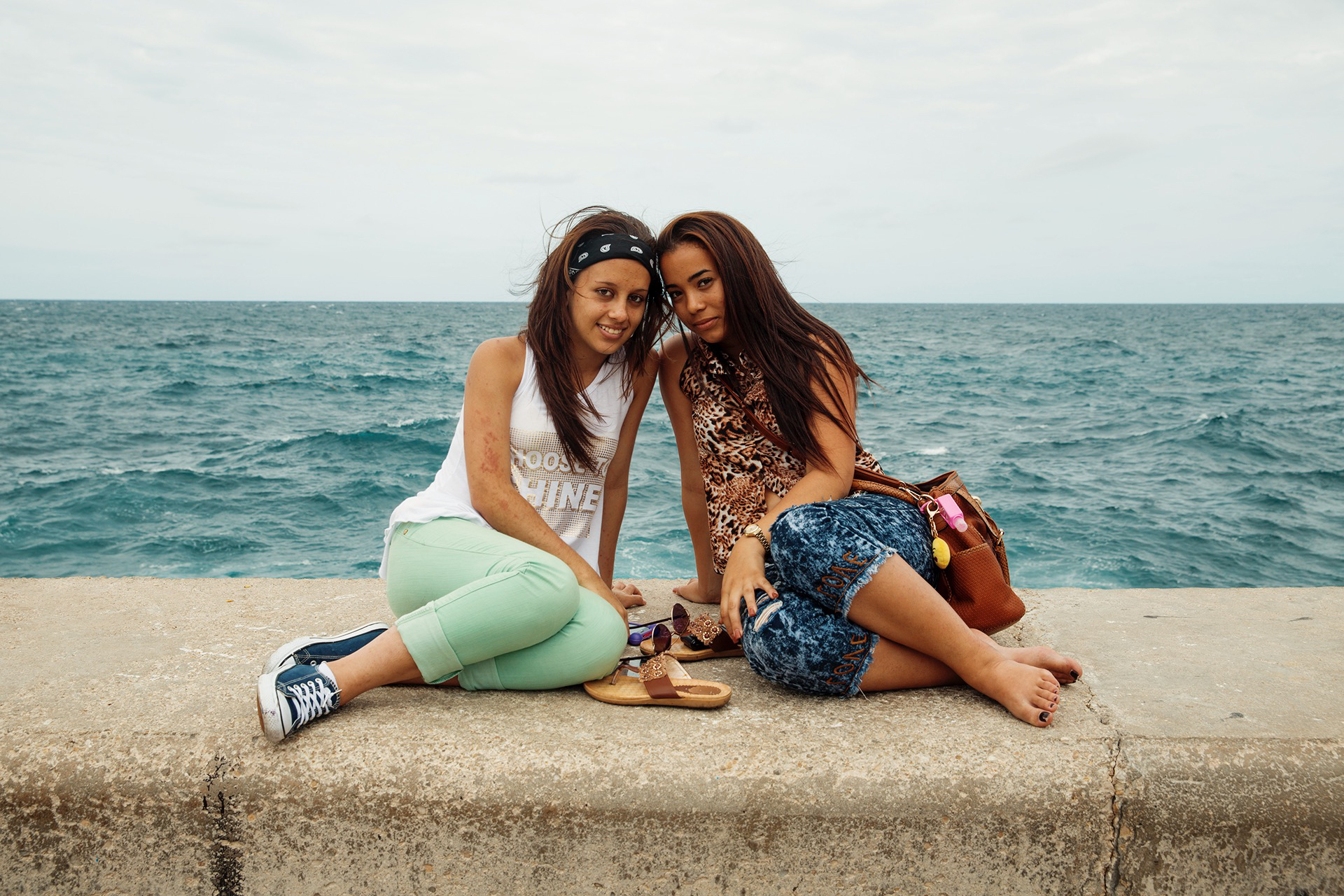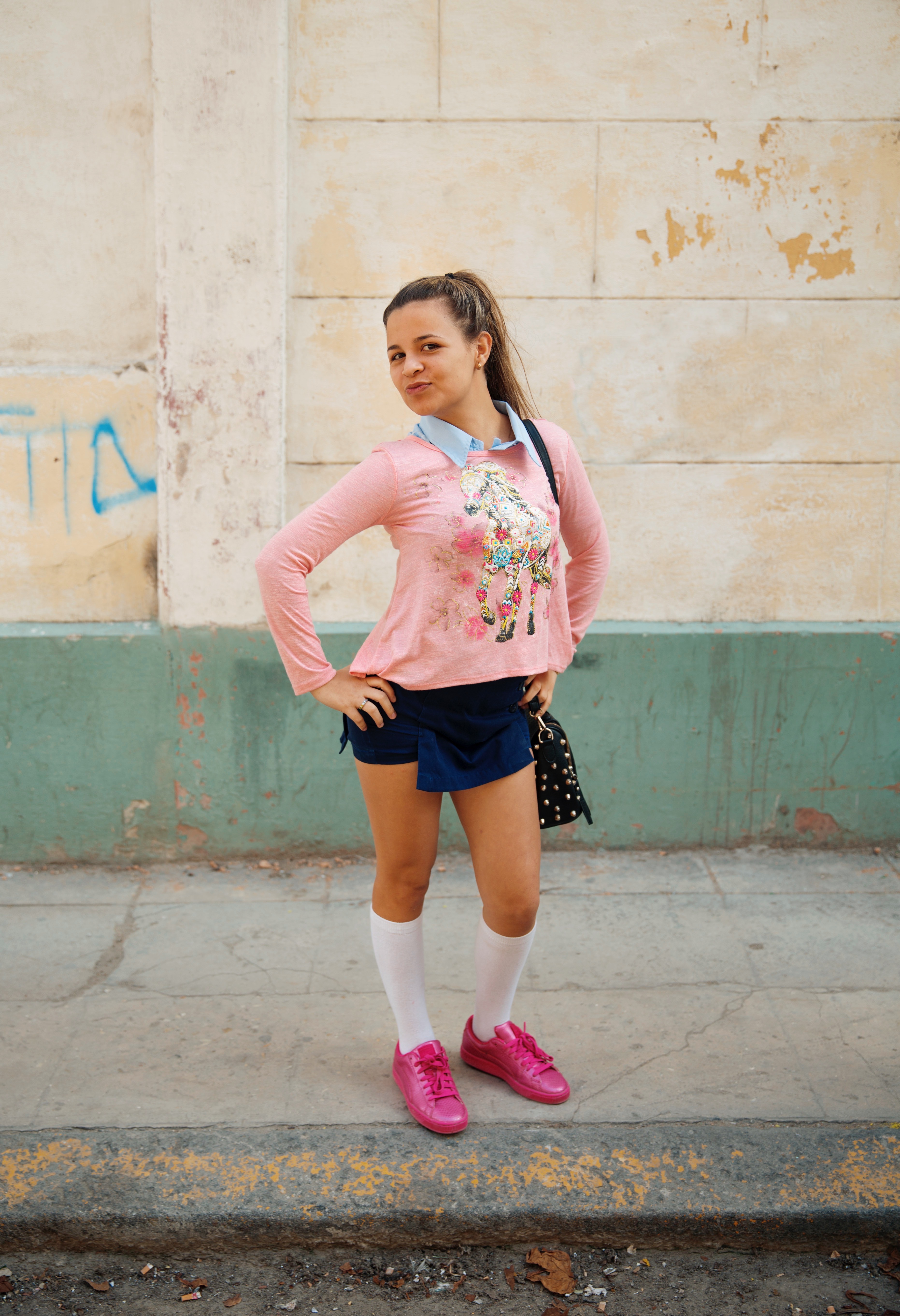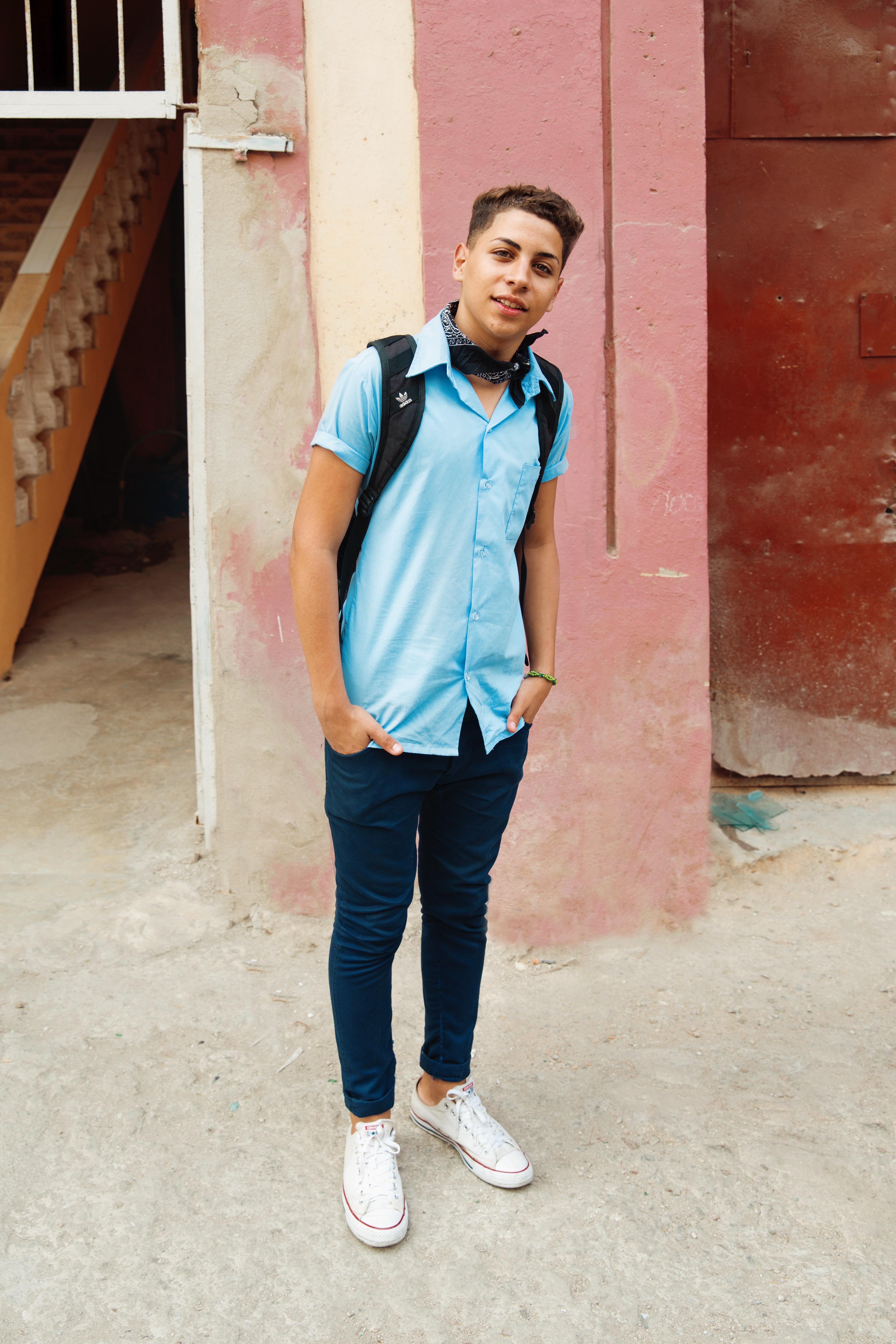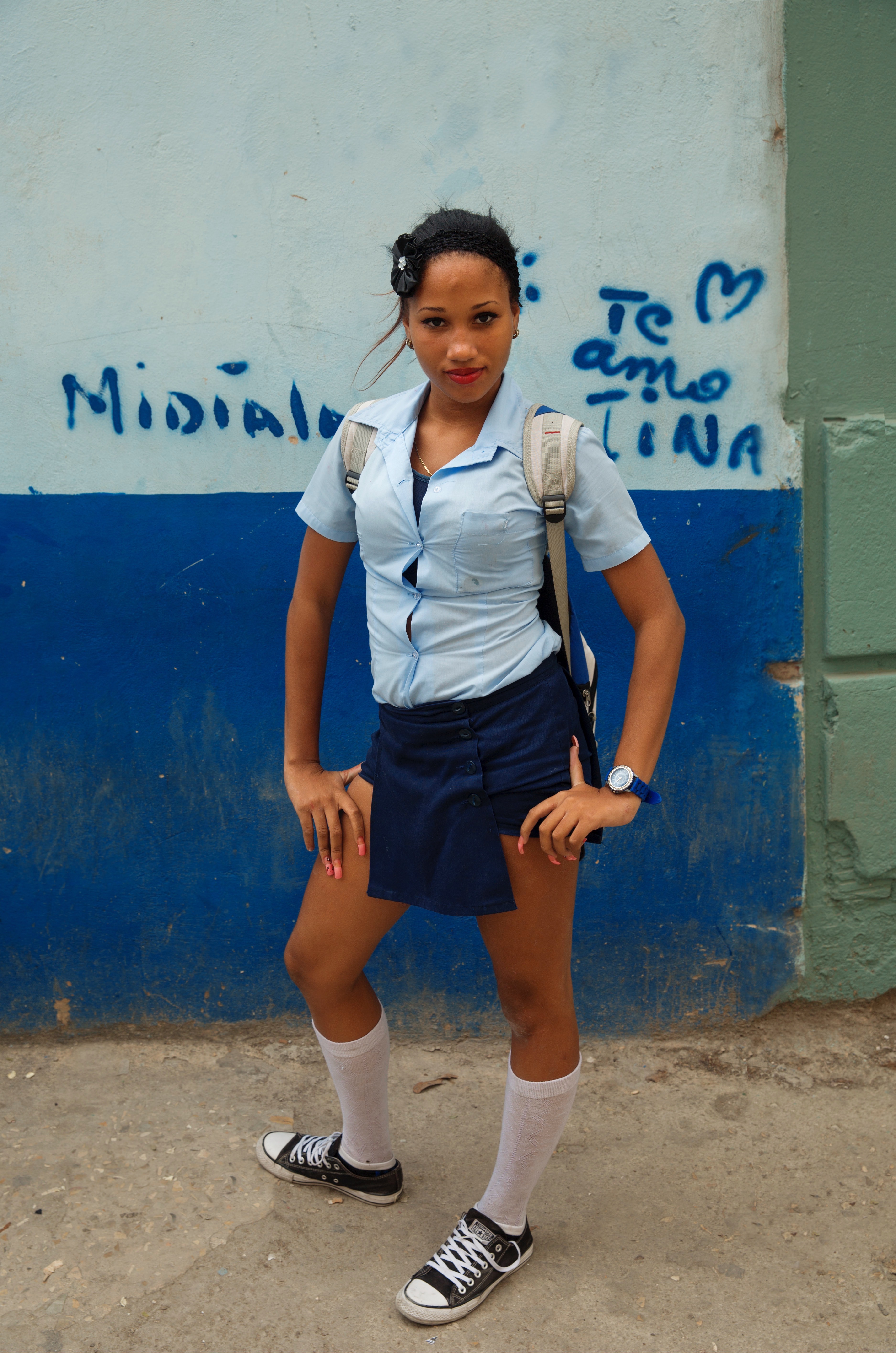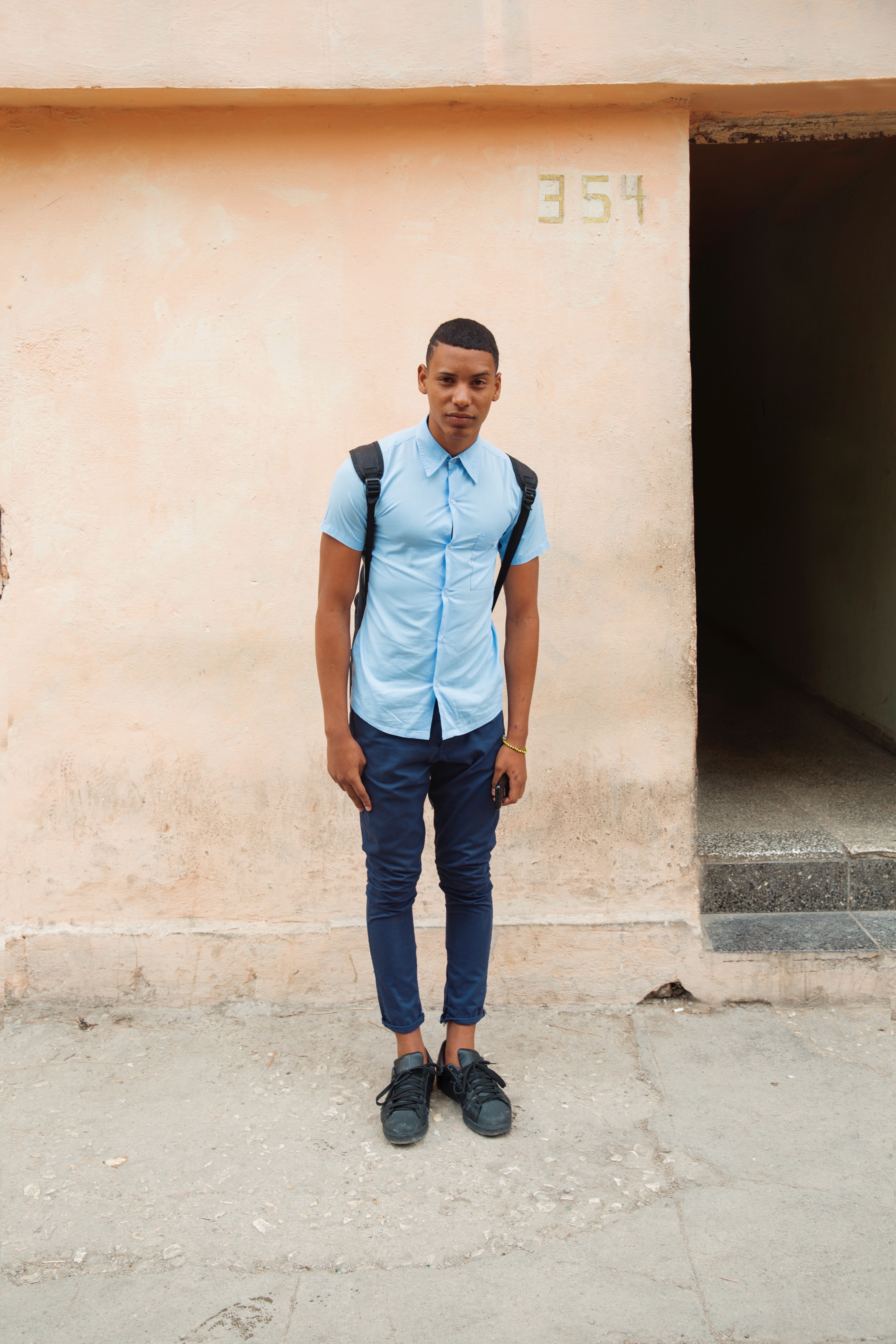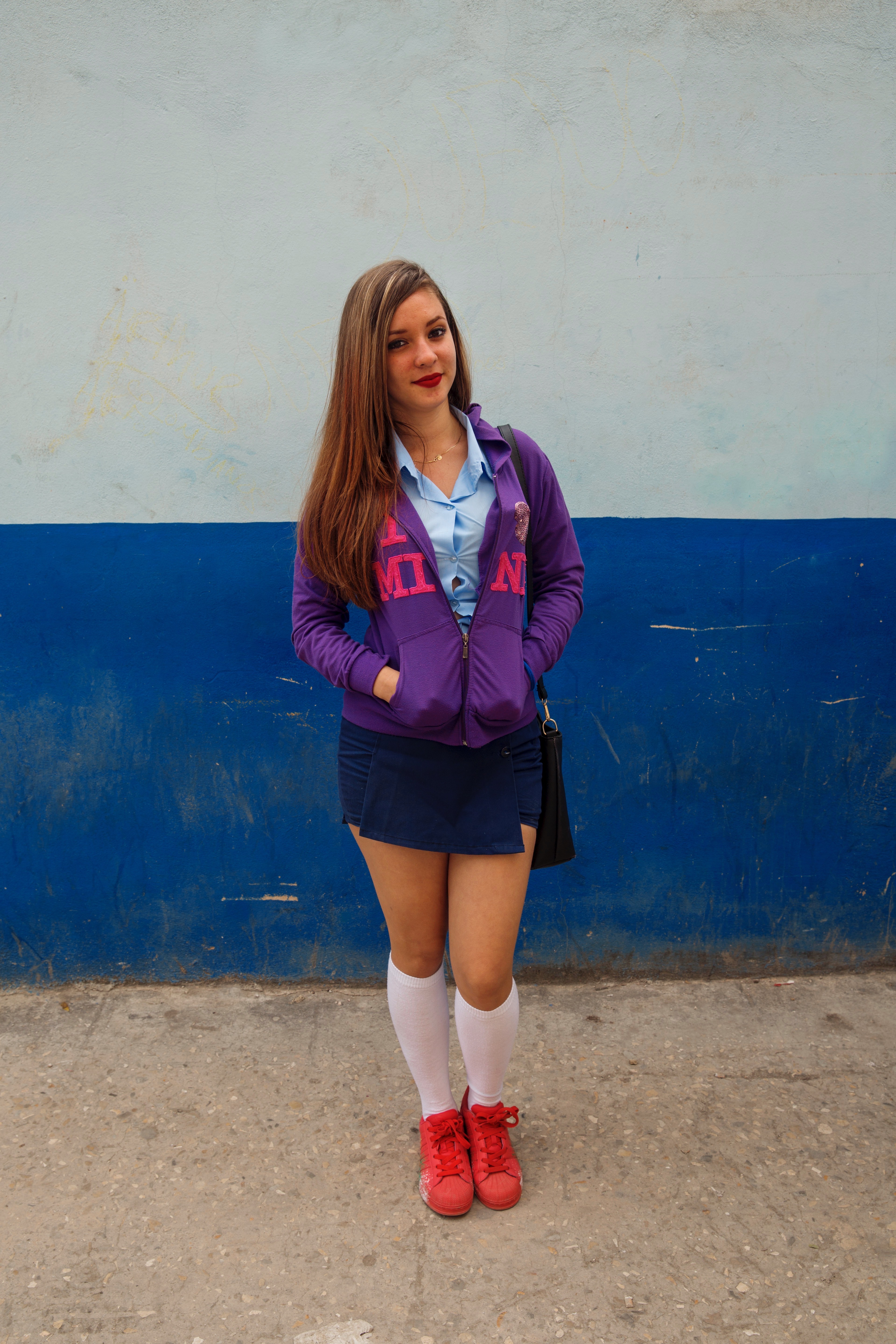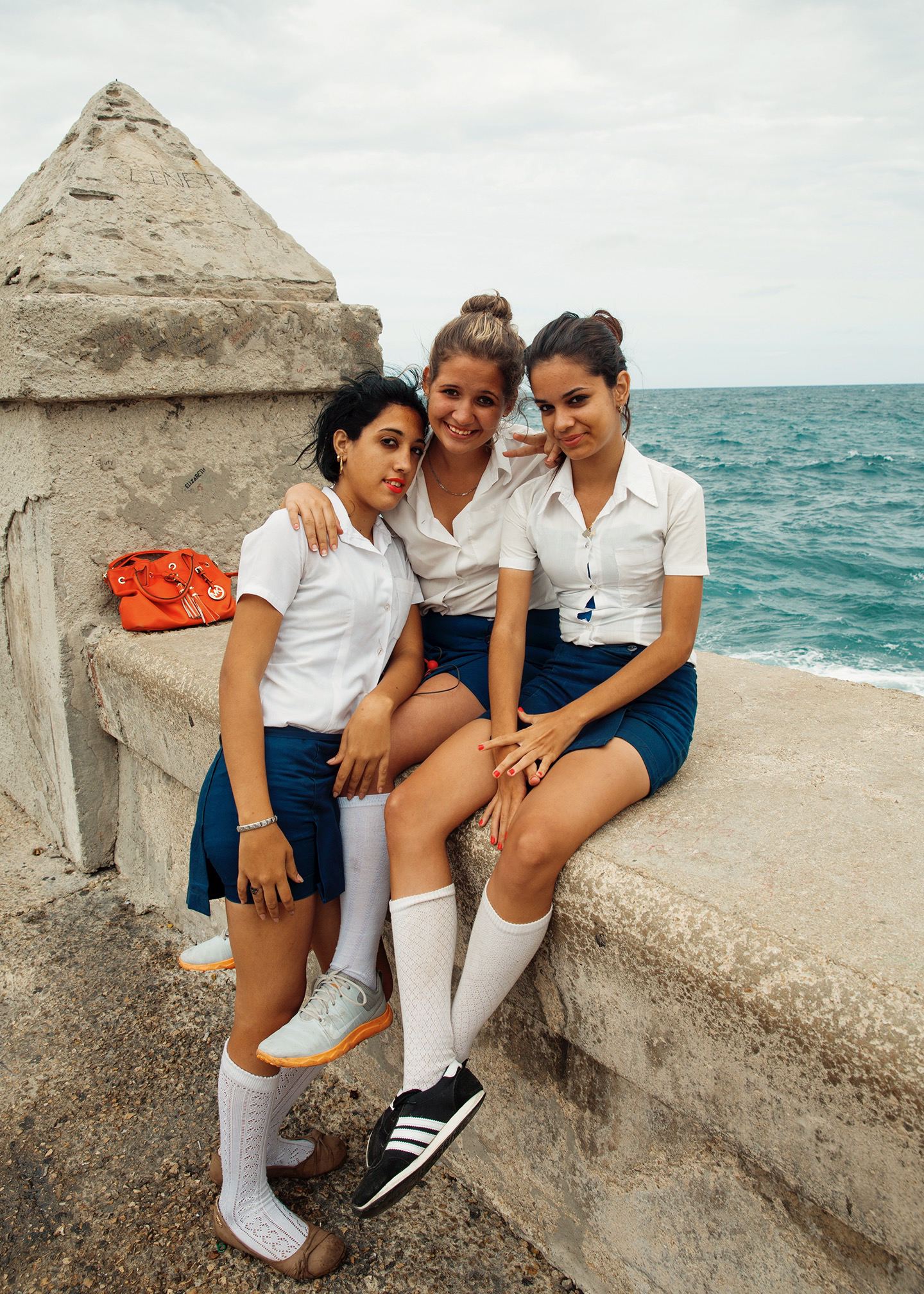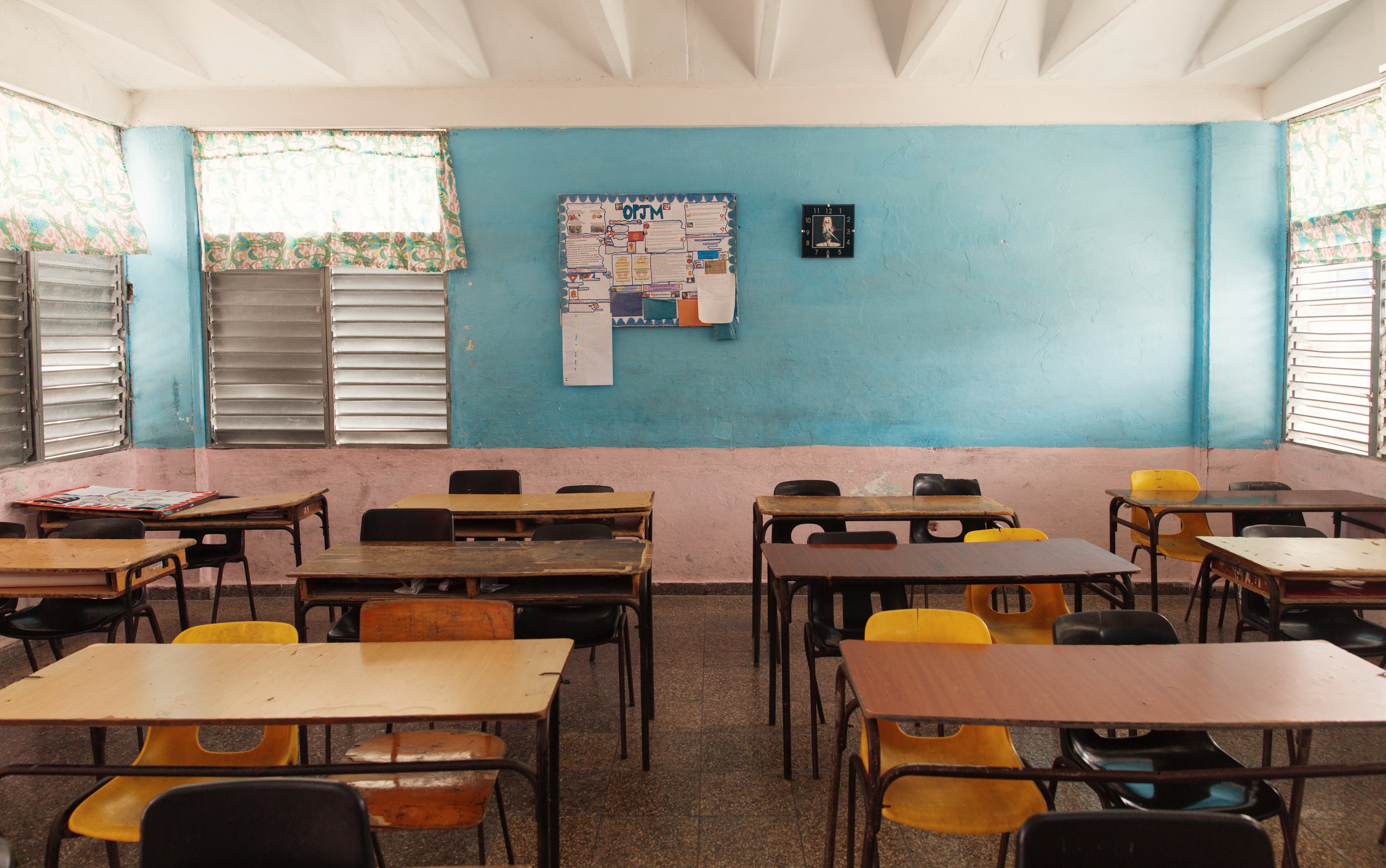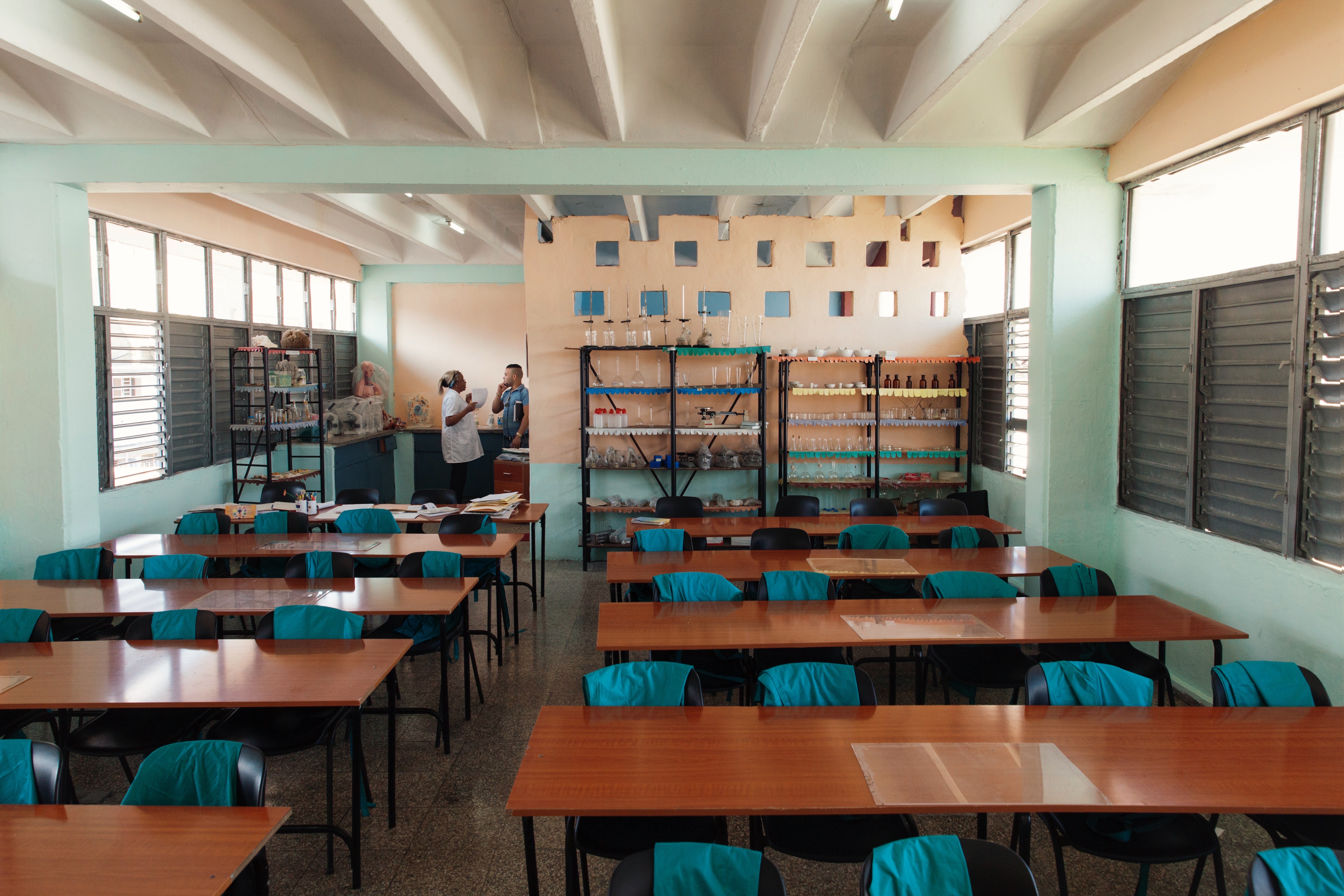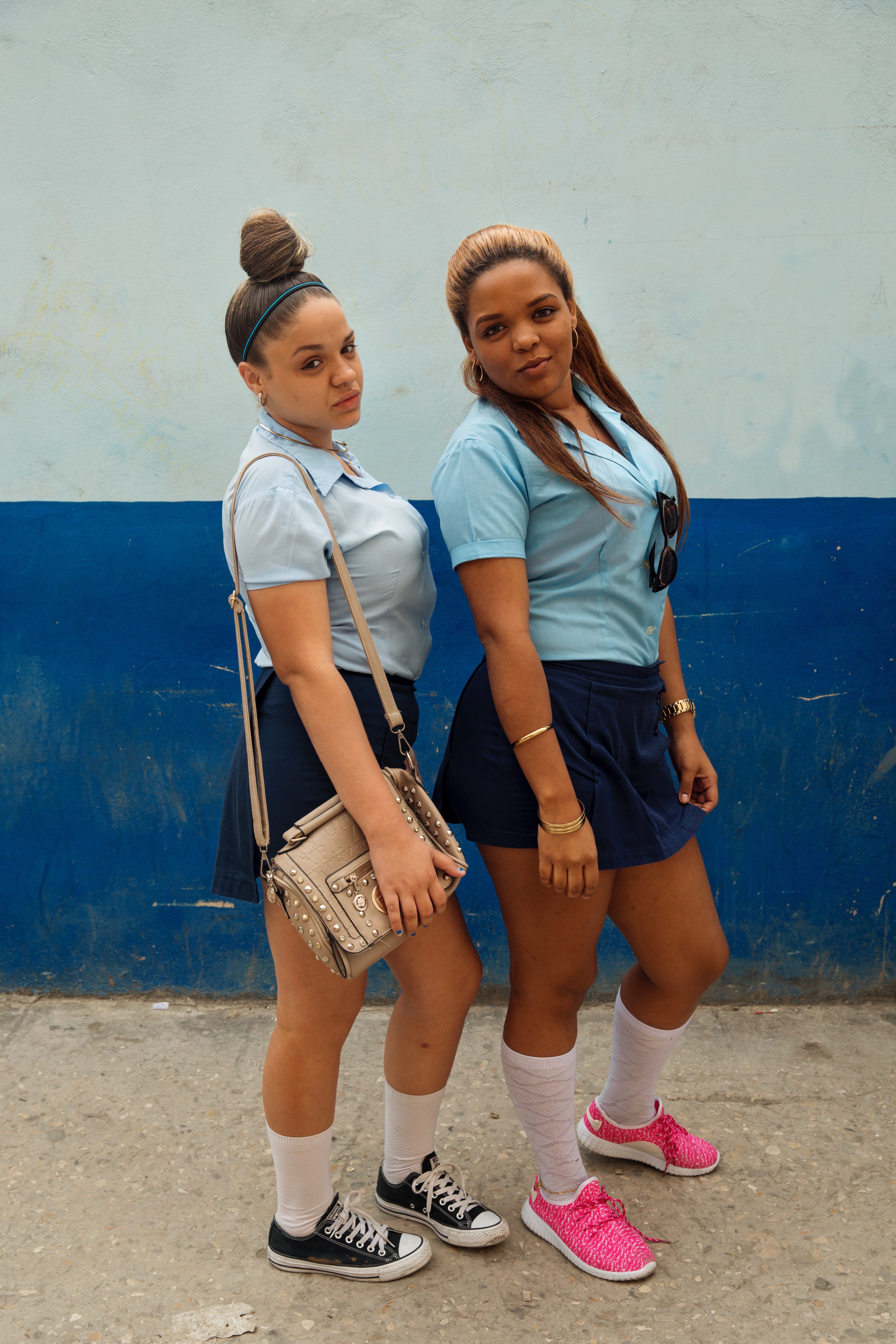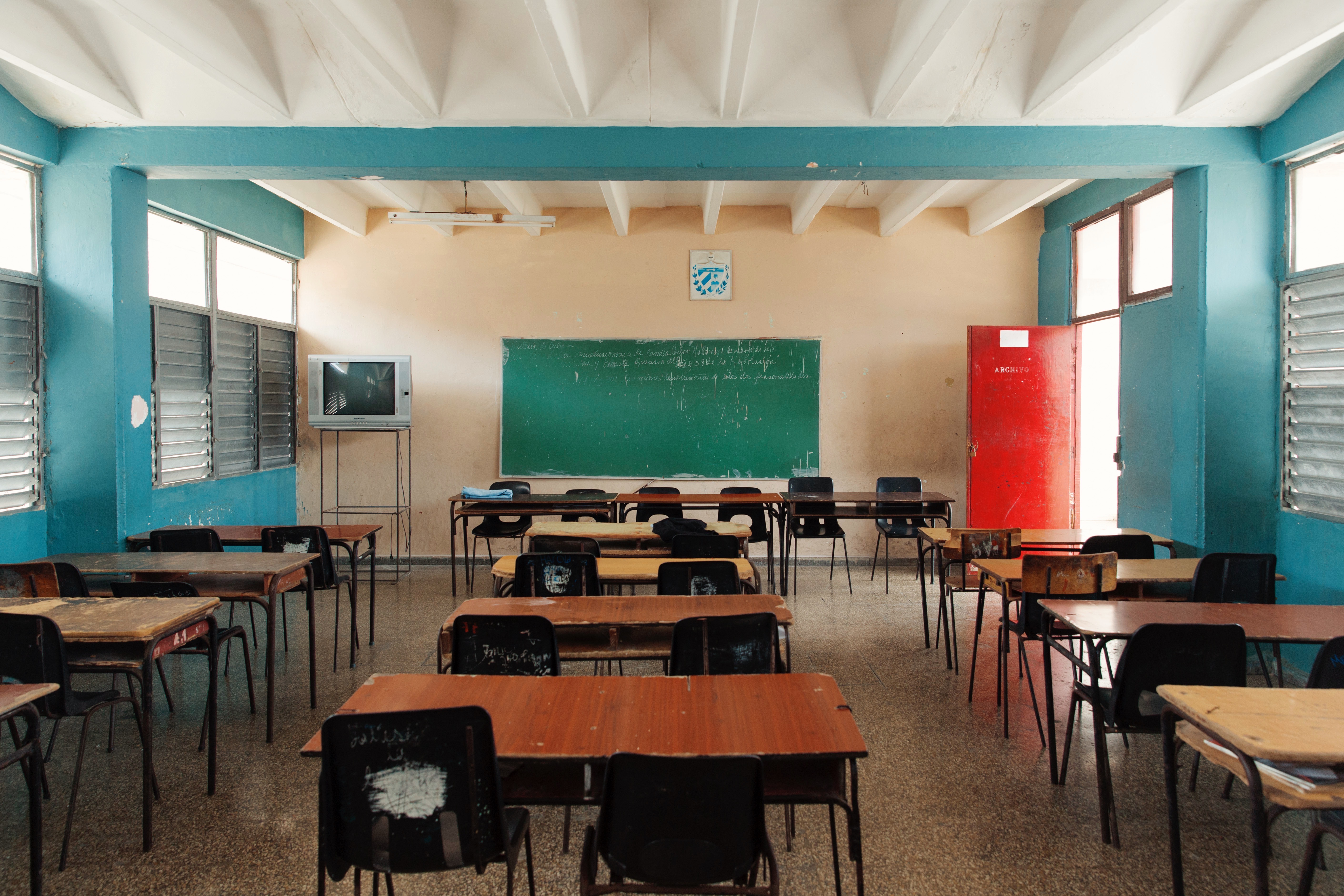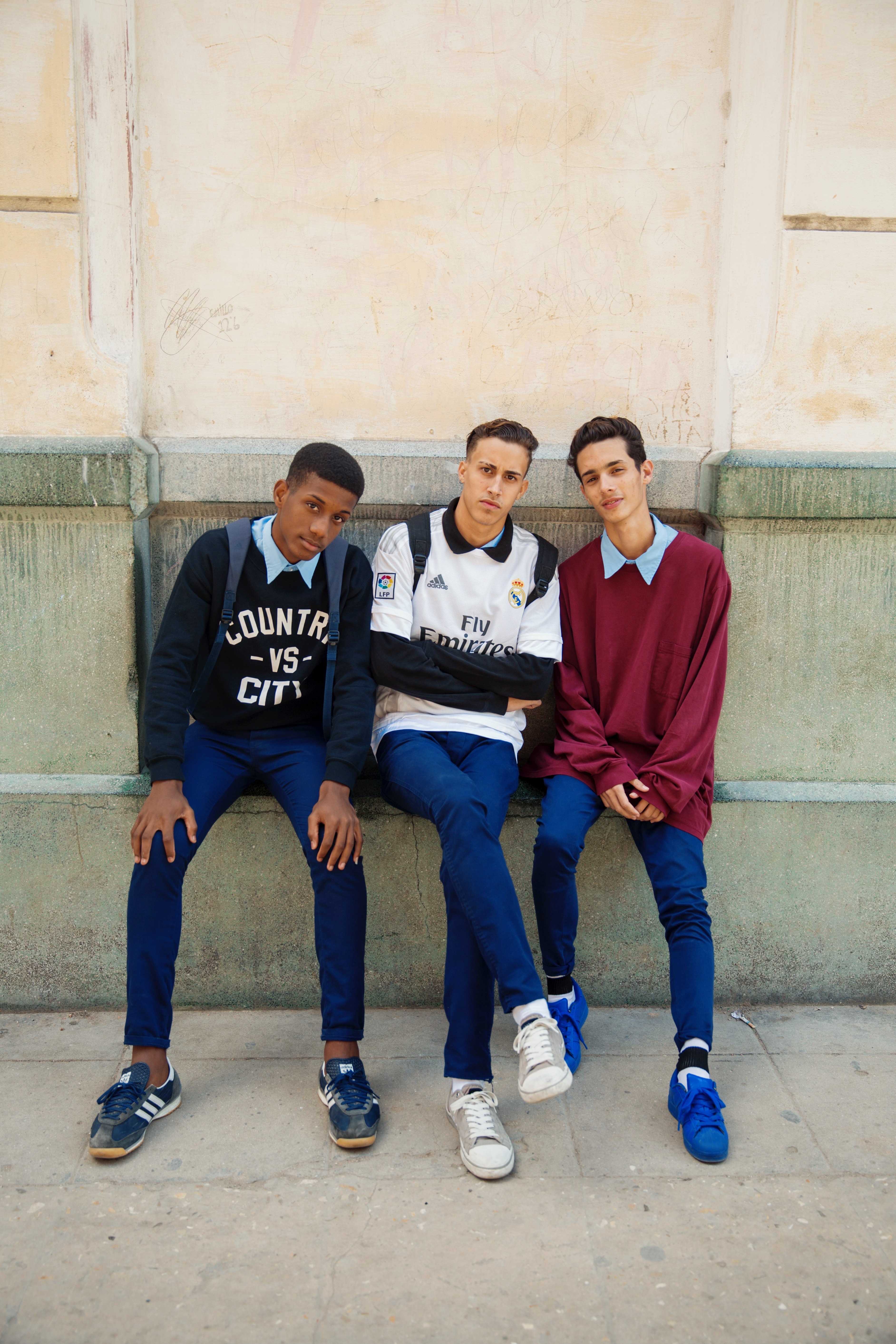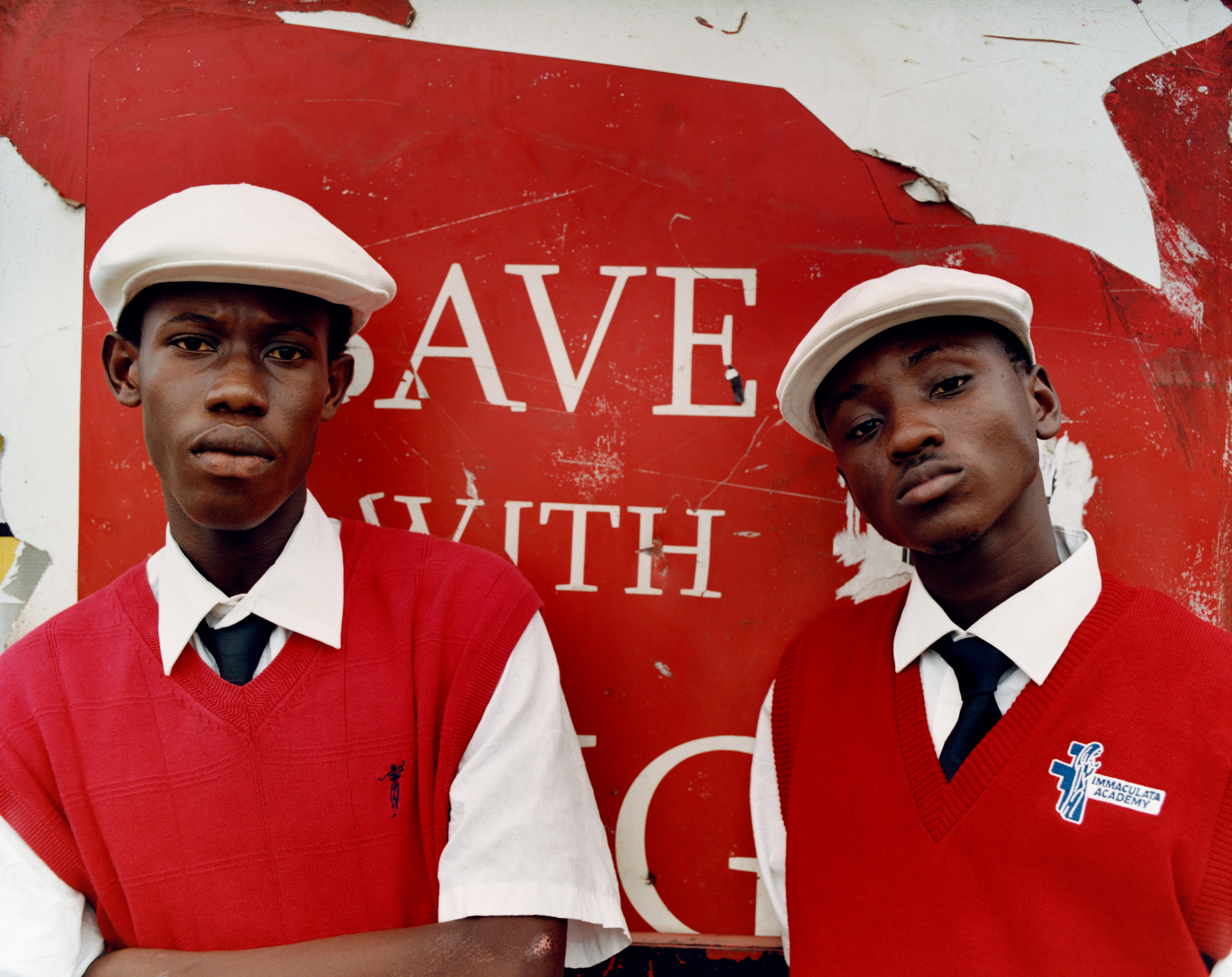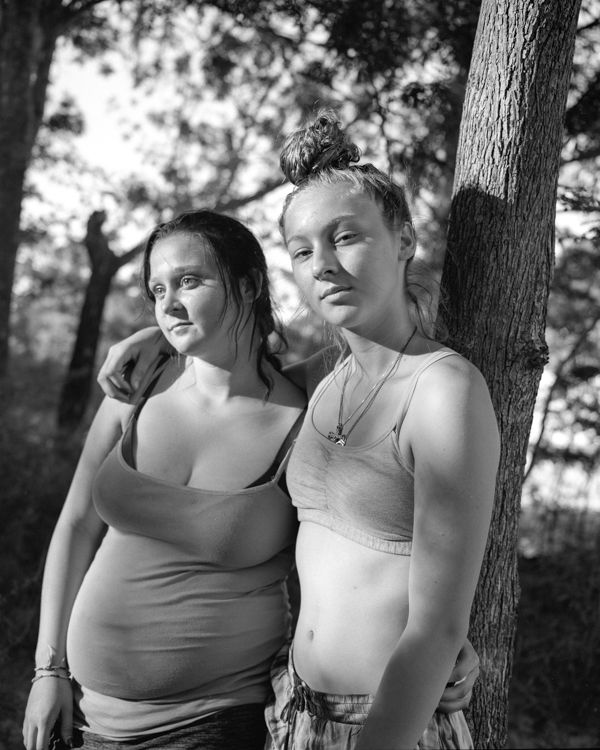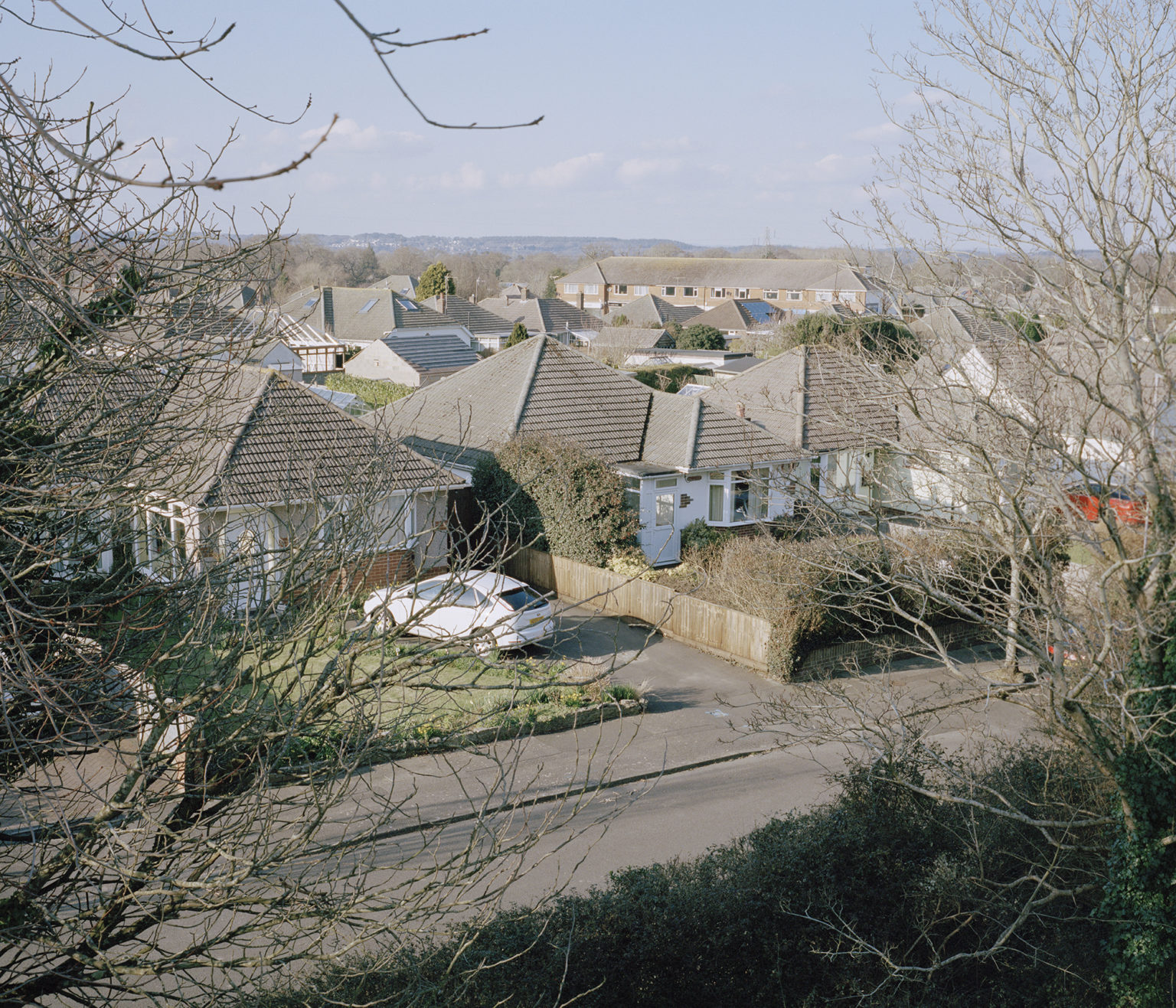Belden Carlson conducts a photographic ethnography on the adolescent experience in Havana, Cuba, specifically within the context of Cuba's secondary education system.
Cuba boasts one of the strongest public education systems in Latin America, with a 97% literacy rate among young people aged 15-24. Carlson's documentary photojournalism work and research focuses on secondary schools in Centre City Havana and explores how preparatory schools, technical schools, and universities shape the aspirations and expectations of Cuban adolescents for their future.
The Cuban education system prioritises the development of students' social and moral values, in addition to their academic abilities. Schools aim to promote equality, diversity, and respect for others, with a particular focus on promoting social justice.
Teachers in Cuba are highly respected and well-trained, having completed a rigorous program of study and continuing professional development throughout their careers. In addition to teaching academic subjects, teachers play a crucial role in fostering students' social and emotional development, critical thinking, creativity, and community engagement.
Despite limited resources, Cuba has been successful in providing all children with access to quality education, resulting in high levels of literacy and numeracy among the population. The country has also made significant strides in reducing inequality and promoting social justice through education.
